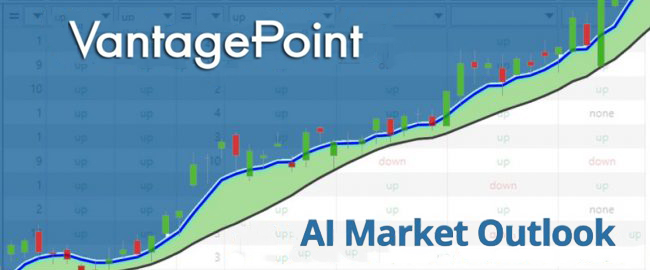Circle's USDC And EURC Comply With New EU Stablecoin Regulations
According to Foresight News, Circle's co-founder and CEO, Jeremy Allaire, has announced that the company's US dollar stablecoin (USDC) and Euro stablecoin (EURC) are now in compliance with the newly introduced stablecoin regulations, MiCA, in the European Union. The company has officially started issuing these stablecoins to its European customers from July 1st. The new regulations aim to ensure the stability and security of transactions involving stablecoins. Circle's compliance with these regulations indicates its commitment to adhering to international standards and providing secure financial services to its customers. This development is significant as it marks the expansion of Circle's services in the European market, potentially increasing the adoption and use of its stablecoins. It also demonstrates the company's adaptability in conforming to new regulatory environments, which is crucial in the rapidly evolving digital currency landscape.

